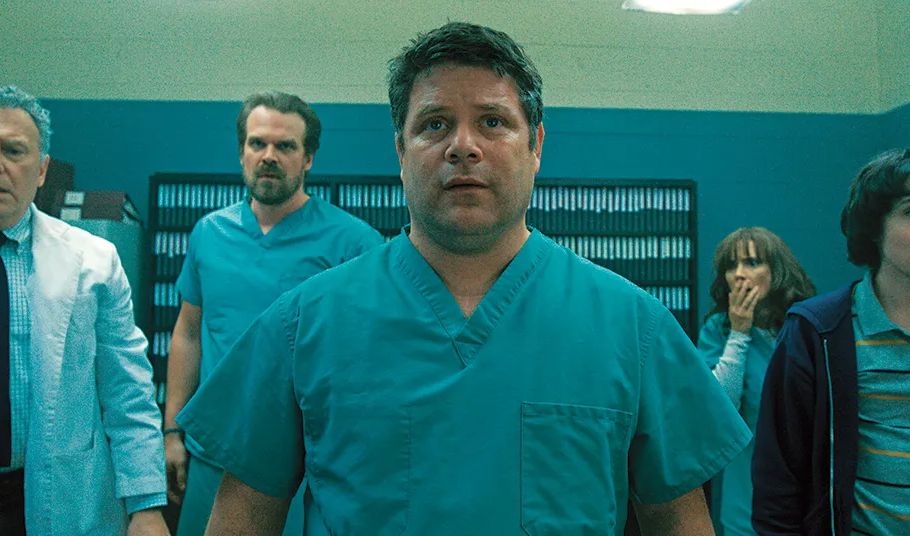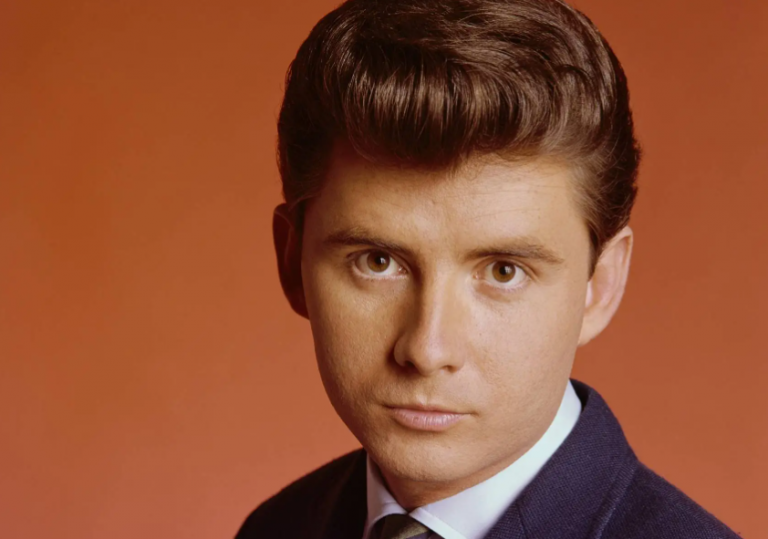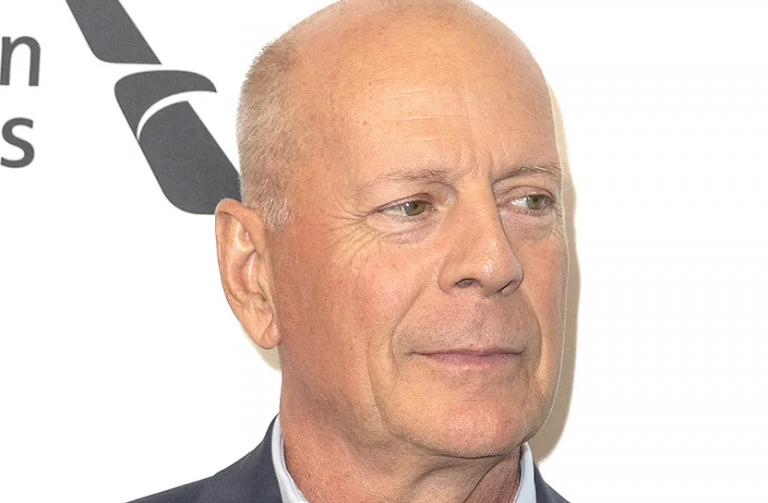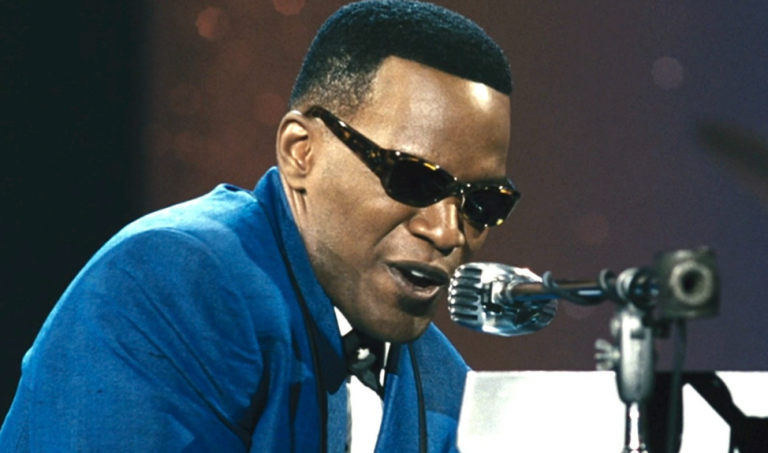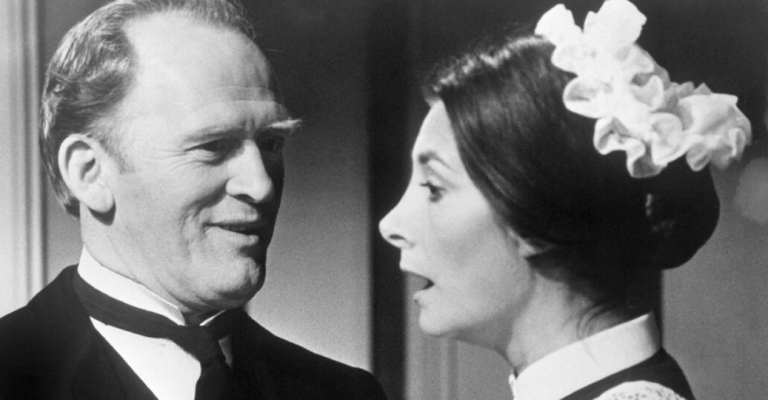Sean Astin Shares How His Mother’s Bipolar Disorder Shaped His Life
On April 23, 2025, actor Sean Astin opened up during a speaker event about how growing up with his mother’s bipolar disorder shaped his views on mental health. Astin, known for his roles in The Goonies, Rudy, and The Lord of the Rings trilogy, spoke candidly about his childhood experiences and the lessons they taught him about empathy, honesty, and resilience.
Astin’s mother, actress Patty Duke, was diagnosed with bipolar disorder in the early 1980s after years of struggling with severe mood swings. At the time, mental health conditions were less openly discussed, and many people faced stigma when seeking help. Astin shared that living with a parent who battled mental illness was challenging but also profoundly shaped the person he became.

“I learned early on that people’s behavior can be influenced by things you can’t see,” Astin said at the event. “Understanding that made me more compassionate, more willing to listen before judging.”
He explained that his family environment was complex, with moments of both joy and difficulty. His mother’s talent and charisma often shone in public, but behind closed doors, she faced emotional struggles that impacted the entire household. As a child, Astin said he sometimes felt confused and powerless, but as he grew older, he realized the importance of learning about mental health and supporting those who face it.
Astin credited his mother’s eventual openness about her condition with helping break down barriers for others. Duke became an outspoken advocate for mental health awareness in the later years of her career, speaking publicly about her experiences in interviews, memoirs, and public service campaigns. Her willingness to share her story, Astin said, inspired him to talk openly about his own experiences.
“Honesty is powerful,” Astin told the audience. “When we speak the truth about mental health, we make it easier for someone else to reach out for help.”
During the event, Astin encouraged people to approach conversations about mental illness with empathy. He emphasized that listening without judgment and offering consistent support can make a meaningful difference for someone struggling. He also spoke about the importance of educating oneself about conditions like bipolar disorder to better understand and respond to them.
Audience members responded warmly, with several attendees later sharing on social media how his words resonated with them. Many praised his vulnerability and his ability to connect personal experience with broader advocacy for mental health awareness.

Astin’s remarks come amid a growing movement in Hollywood and beyond to address mental health more openly. In recent years, more actors, musicians, and public figures have shared personal stories, helping to normalize conversations and reduce stigma. Astin’s approach blends personal reflection with a call to action, urging others to see mental health as an essential part of overall well-being.
While Astin is best known for his acting, he has also been active in public speaking and charity work, often focusing on community building and youth empowerment. This latest appearance reinforced his commitment to using his platform for positive impact.
As he concluded his talk, Astin reflected on his mother’s legacy. “My mom taught me a lot about acting, but she also taught me about humanity,” he said. “Her struggles and her courage shaped me. If sharing that helps even one person feel less alone, then it’s worth it.”
Sean Astin’s candid discussion serves as a reminder that mental illness affects not only those diagnosed but also their families—and that compassion, education, and honesty can create a path toward understanding and healing.

